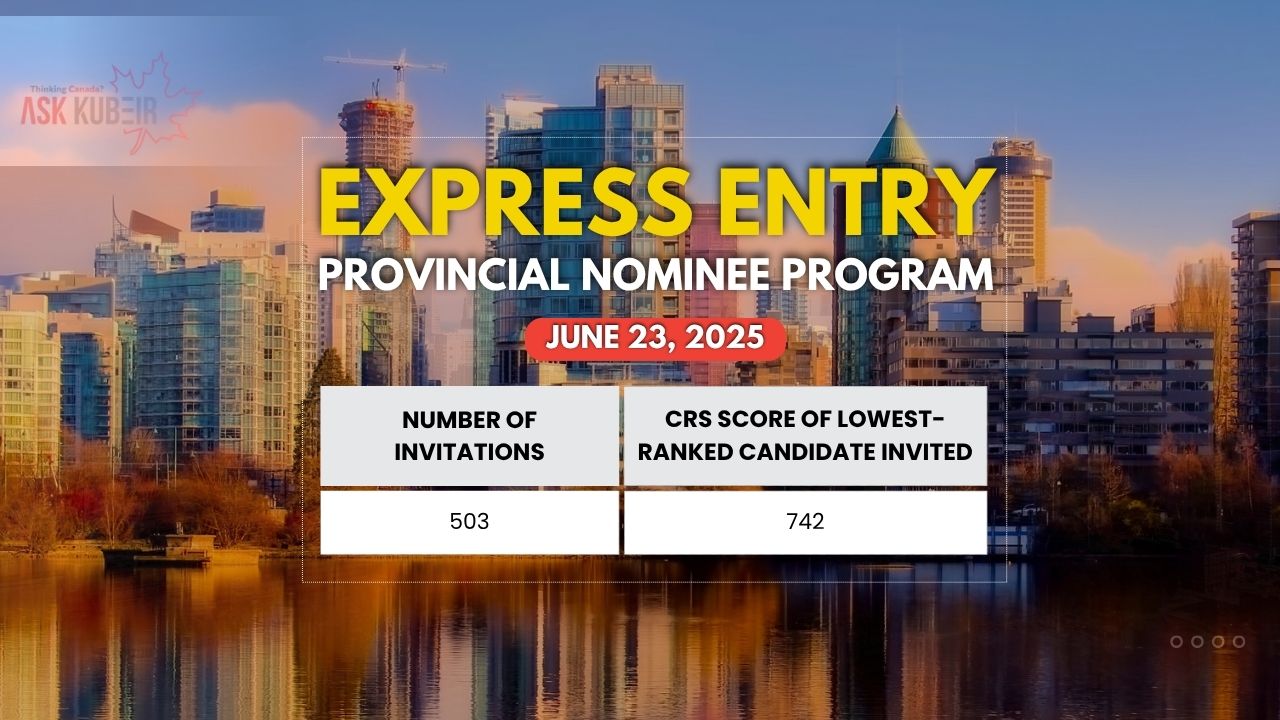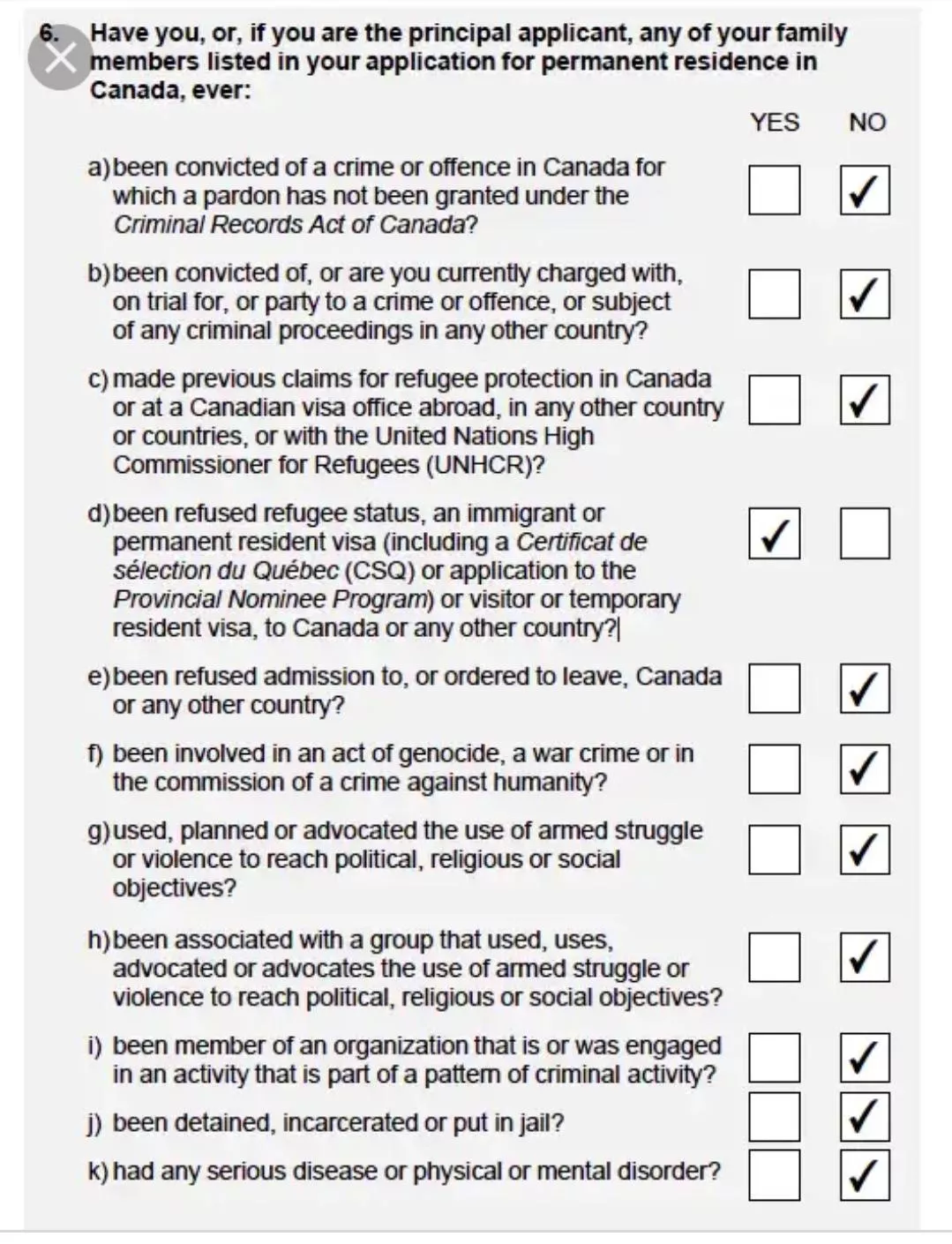
Related Post







My previous visa to USA was rejected but I did not mention about it in my Canada visa application…
The curious case of statutory questions.
As per Section A16.1 of the Immigration Refugee Protection Act, an applicant must answer all questions on the visa application truthfully and honestly.
Obligation — answer truthfully
- 16(1) A person who makes an application must answer truthfully all questions put to them for the purpose of the examination and must produce a visa and all relevant evidence and documents that the officer reasonably requires.
Hence all earlier visa refusals to any country for any purpose must be annotated and explained in your visa application to Canada. Failure to do so may get your application refused and even slapped for misrepresentation under section A40.2
Not disclosing old deportation from the USA by one Indian, resulted in his Permanent Residency being revoked.
In the case of Singh, 2015 FC 377, pars. 47-48, an applicant failed to include his prior failed refugee claim and removal from the U.S. on his temporary resident visa application. In Singh, the applicant “did not think that something that occurred in the United States over nineteen years ago was relevant to his visa application, given the intervening connection he has established with Canada” and “did not believe that it was required to be disclosed in question 2(c) of the form.” In that case, it appears the applicant made a conscious decision not to disclose. However, we have seen in many cases where misrepresentations being alleged involving the same wording at issue in Singh – question 2(b), when read together with questions 2(a) and (c), we’re capable of being misunderstood.
Specifically, in that section, the first question refers only to Canada. The second question refers to Canada and then mentions “or any other country”. The third question goes back to inquiring about Canada only. The way the questions are arranged and phrased, applicants mistakenly believe that the whole section is only about Canada. This is, unfortunately, leading to five-year bans pursuant to section 40(2) of the Immigration and Refugee Protection Act (IRPA).
So what to do?
First, read the questions carefully and do not underestimate the significance of an incorrect answer in filling out immigration applications. Further still, filling out immigration forms must be undertaken with access to historical information that may be relevant to the questions being asked. Do not guess about the reasons and timing of previous refusals, removal orders, arrests, charges, and convictions to list but a few, when filling out your forms. Confirm dates and reasons for important immigration-related events in your life.
Second, if an allegation of misrepresentation has already been raised by Immigration, Refugees, and Citizenship Canada, your case should be assessed by an immigration lawyer to see if an innocent error exception or materiality can be raised amongst other possible considerations, in defense. This argument does not suggest that applicants need not be accurate in filling out applications. Rather, an individualized assessment should be undertaken as to the inadvertence of errors made and any explanations provided.
Third, if you are already facing a refusal depending upon your immigration status and the stage of your case the matter may be examined at the Immigration Division, Refugee Protection Division, Refugee Appeal Division, Immigration Appeal Division and/or the Federal Court. For visitor visa refusals based upon misrepresentation, an applicant may seek to challenge the decision to the Federal Court of Canada.
